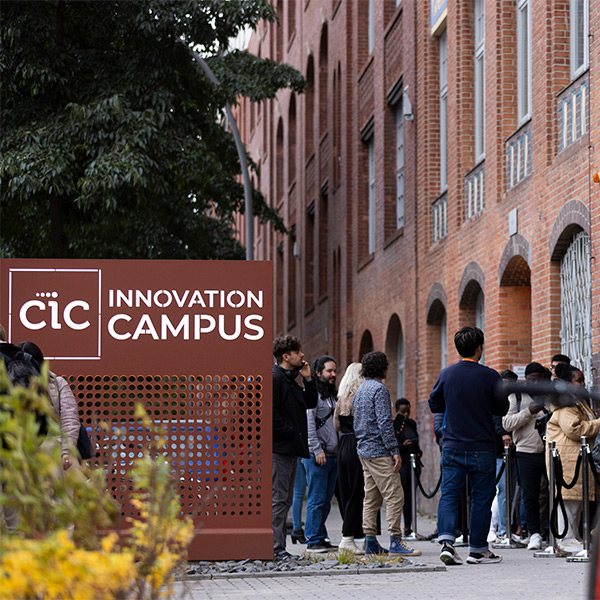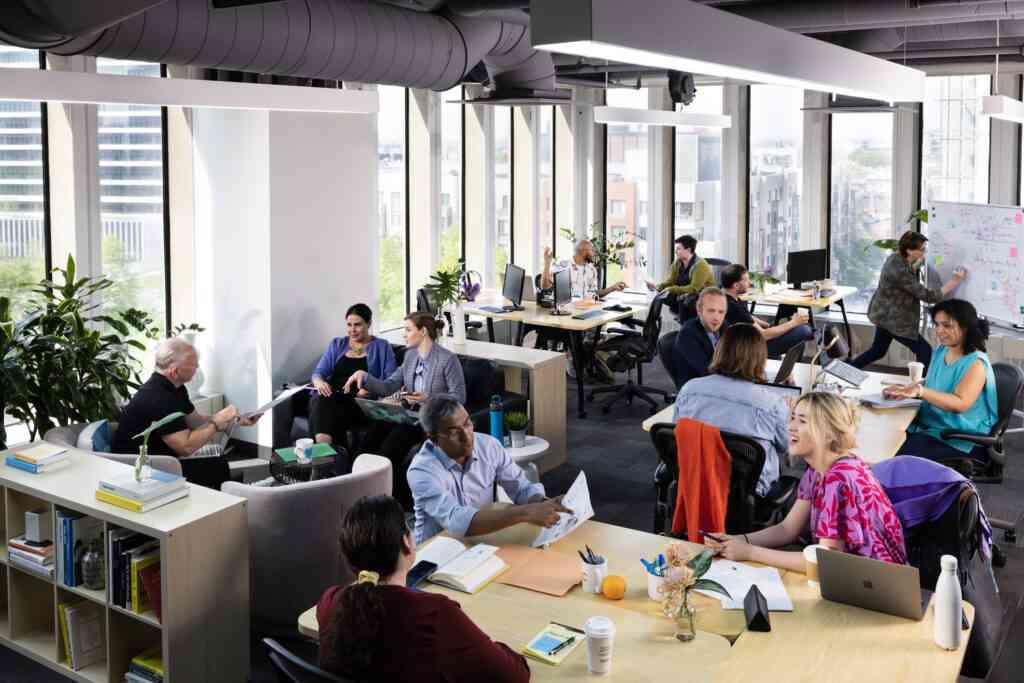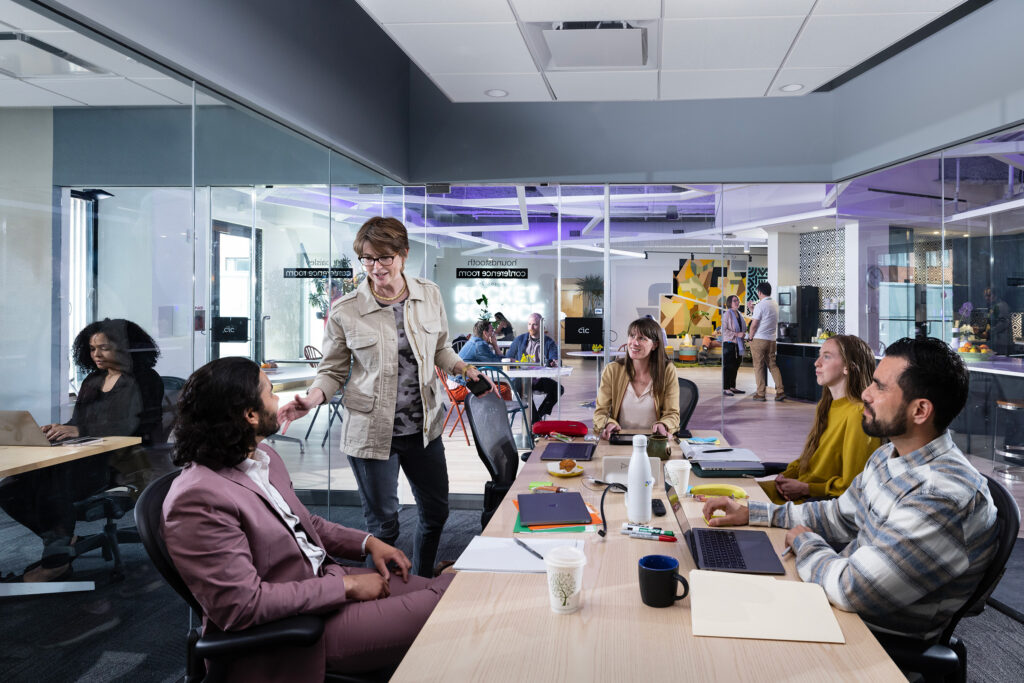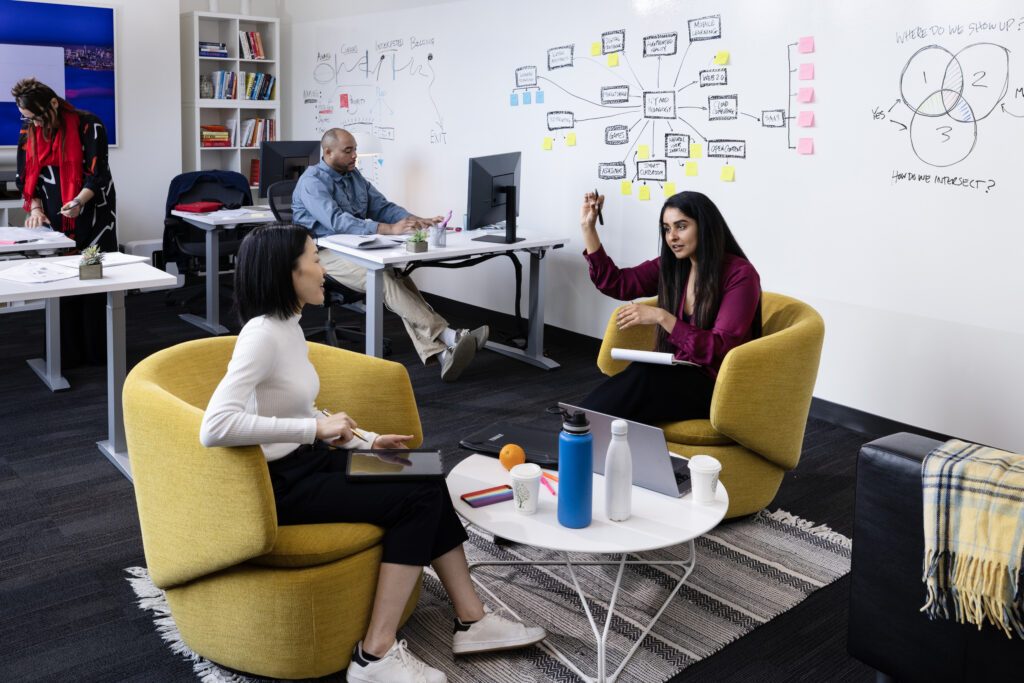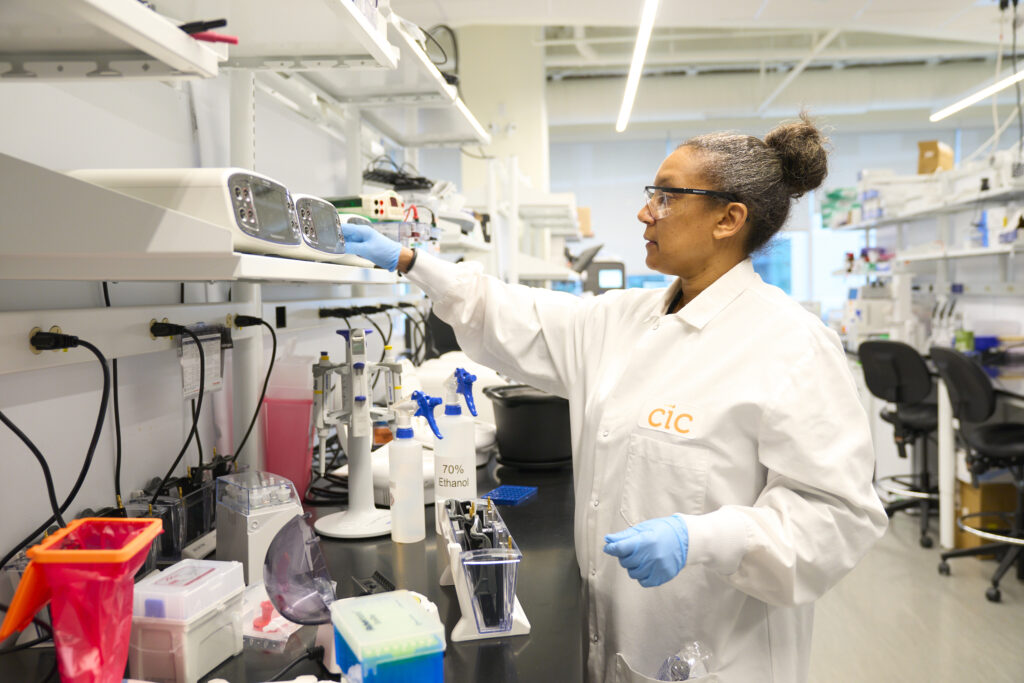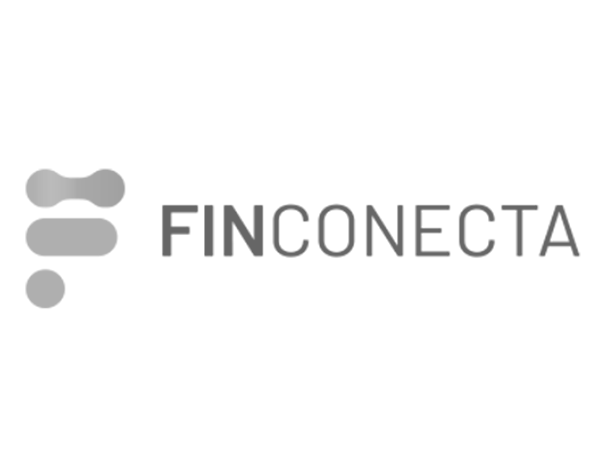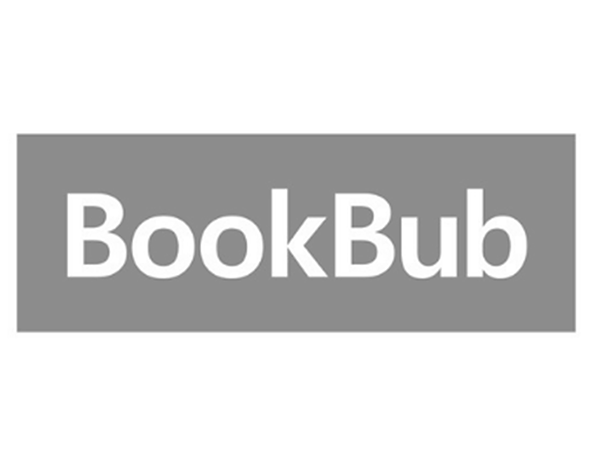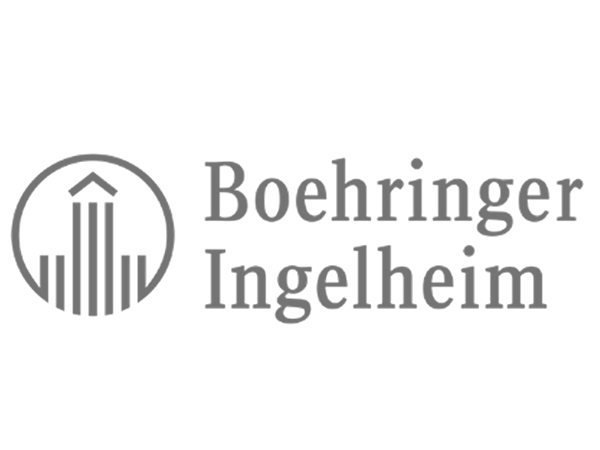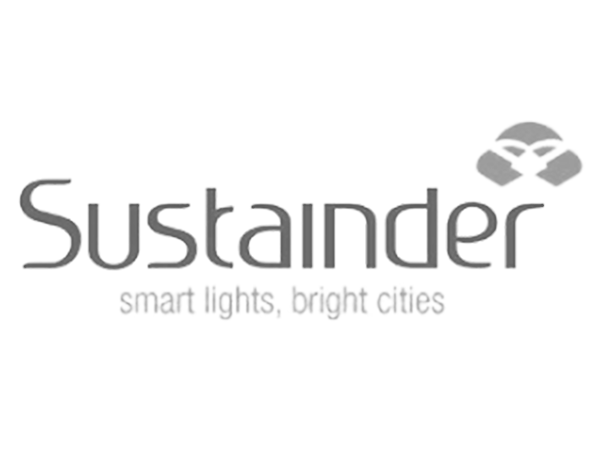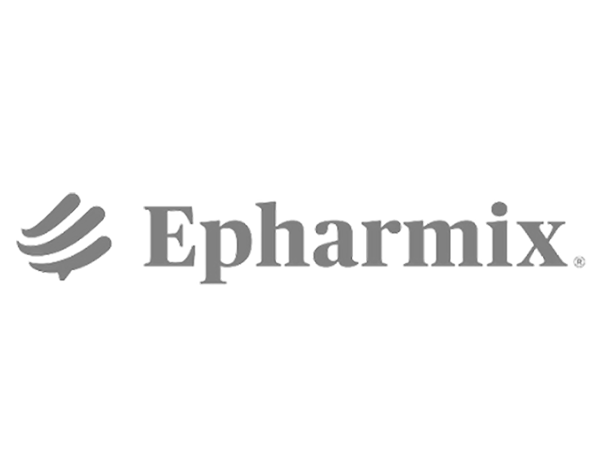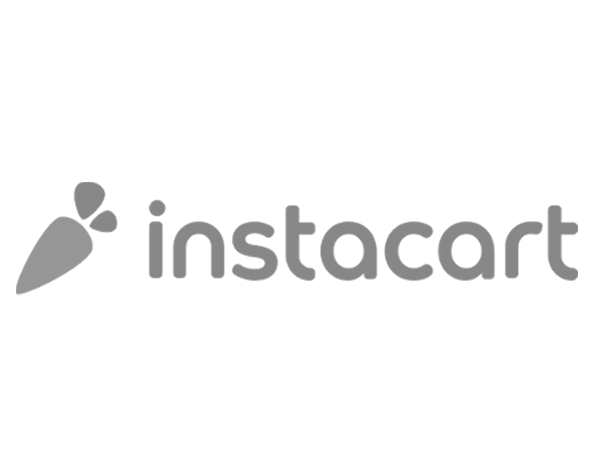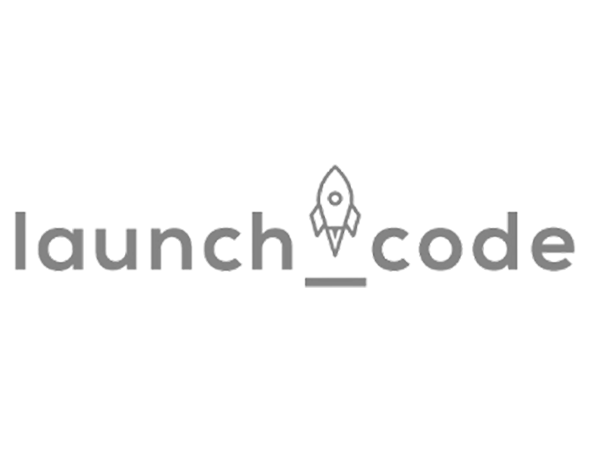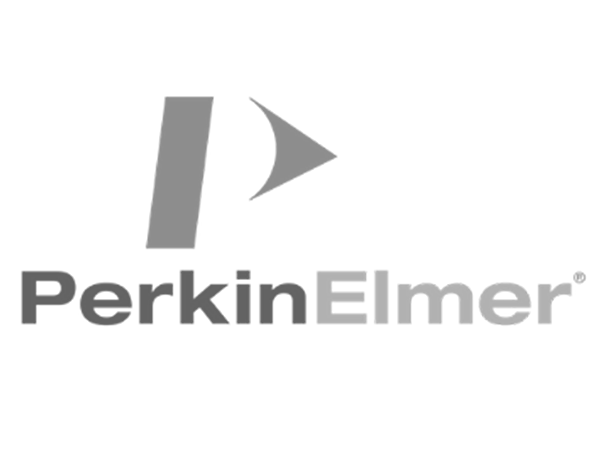Space and culture for innovating.
Creating vibrant and impactful
innovation ecosystems.
Workspaces
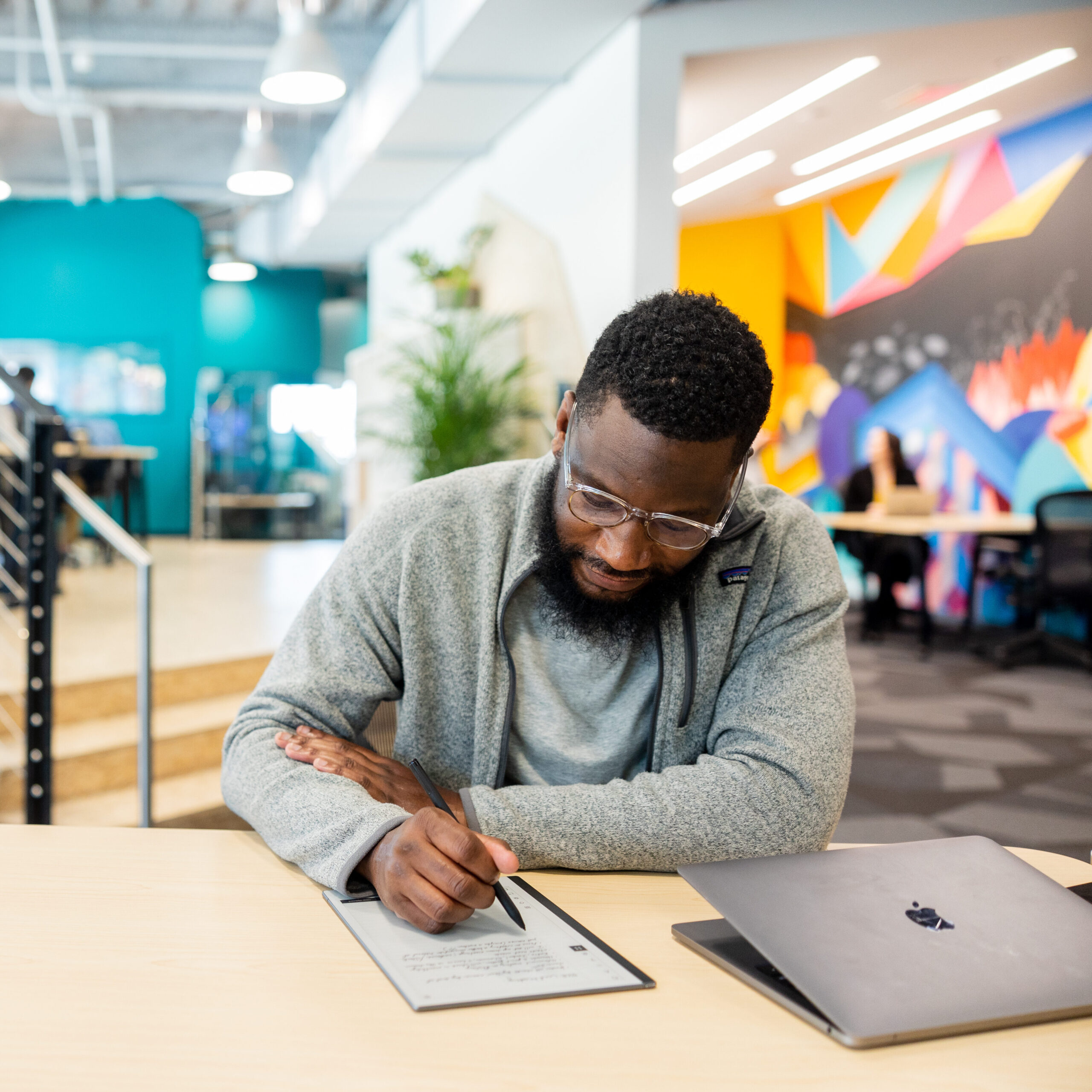
All-Inclusive offices and labs that adjust to your needs
Choose from a variety of move-in ready space options, like private offices, coworking space, or fully-equipped labs with everything you need to get to work.
All office spaces have flexible, 30-day membership terms.
Networking
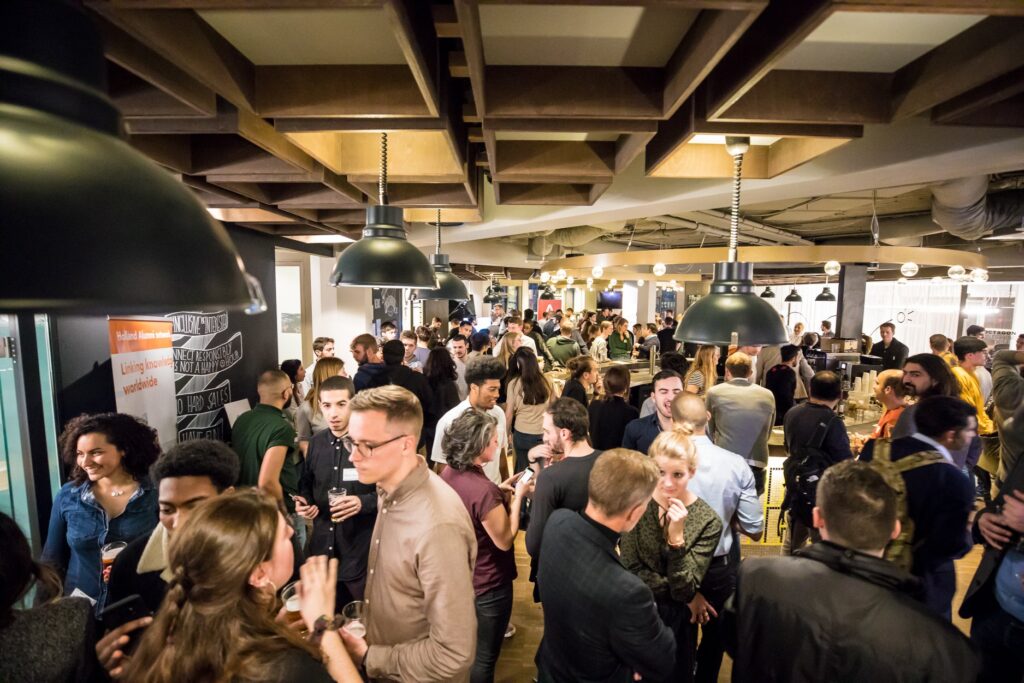
Exciting events and programs to help you grow and connect
Network and learn with others in your industry, and outside of it, too!
Meet high-caliber innovators, spark new ideas, and build a stronger community through a variety of programs and events engineered for growth.
who are we?
By innovators for innovators.
Creating a culture purposefully-designed for innovating isn’t just a passion; it’s an obsession. Since 1999, CIC has grown from a single location in Kendall Square to over 1.5M square feet of workspace, labs, and event space across the globe.
0 +
Client organizations
0 +
Events globally per year
$ 0 B
Capital raised by CIC clients
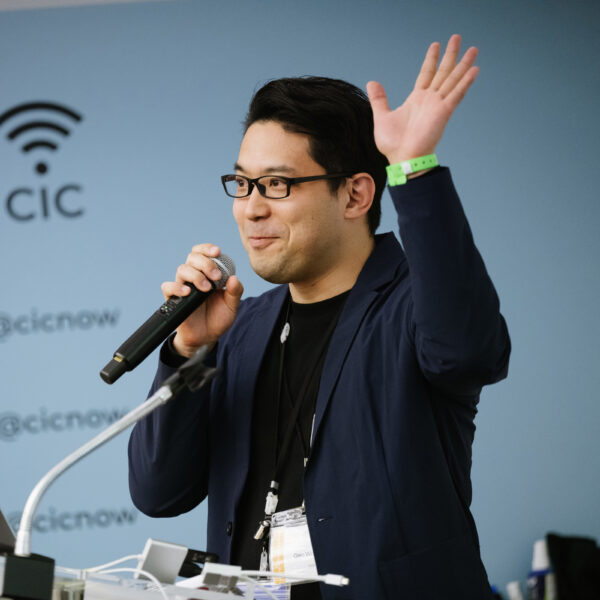
See for yourself why so many
organizations thrive and grow at CIC.
PERSPECTIVES
Fresh insights and ideas
from our community
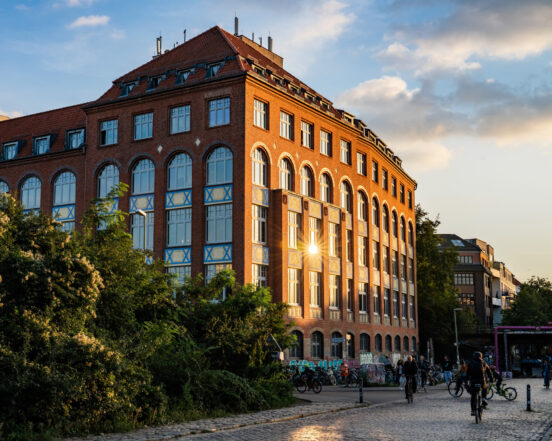
CIC and Jamestown Expand Partnership with Creation of CIC Innovation Campus in Berlin
CIC, a global leader in building and operating innovation campuses, announced a significant step in its strategic expansion plans with the creation of CIC Berlin.
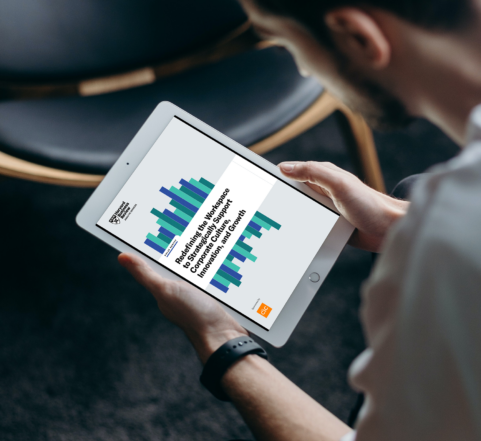
Redefining the Workspace for Corporate Culture, Workspace Innovation, and Growth
This study surveyed more than 560 members of the HBR audience who are involved in their organization’s strategic workspace decisions. It revealed that today’s organizations are beginning to understand that workspace decisions are not just about square footage and layouts; they are critical determinants of a company’s success.
